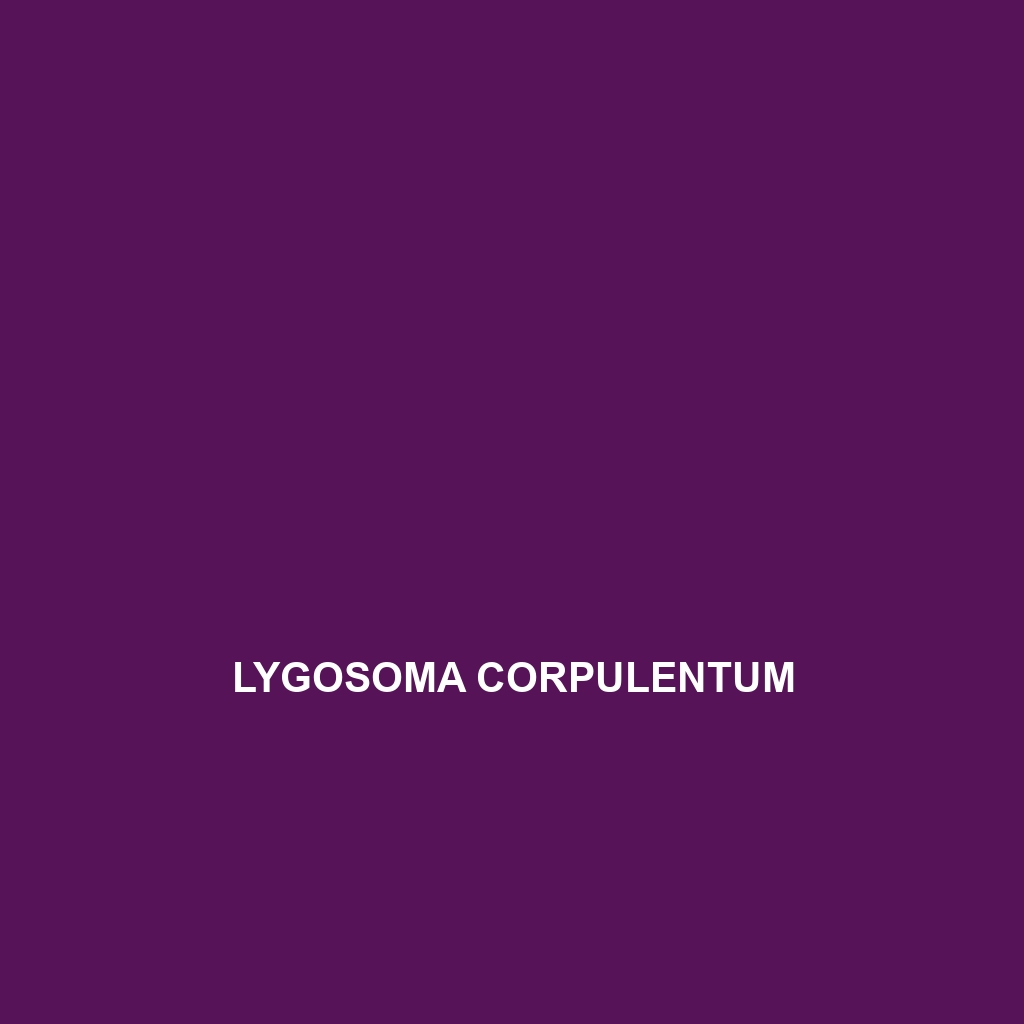-
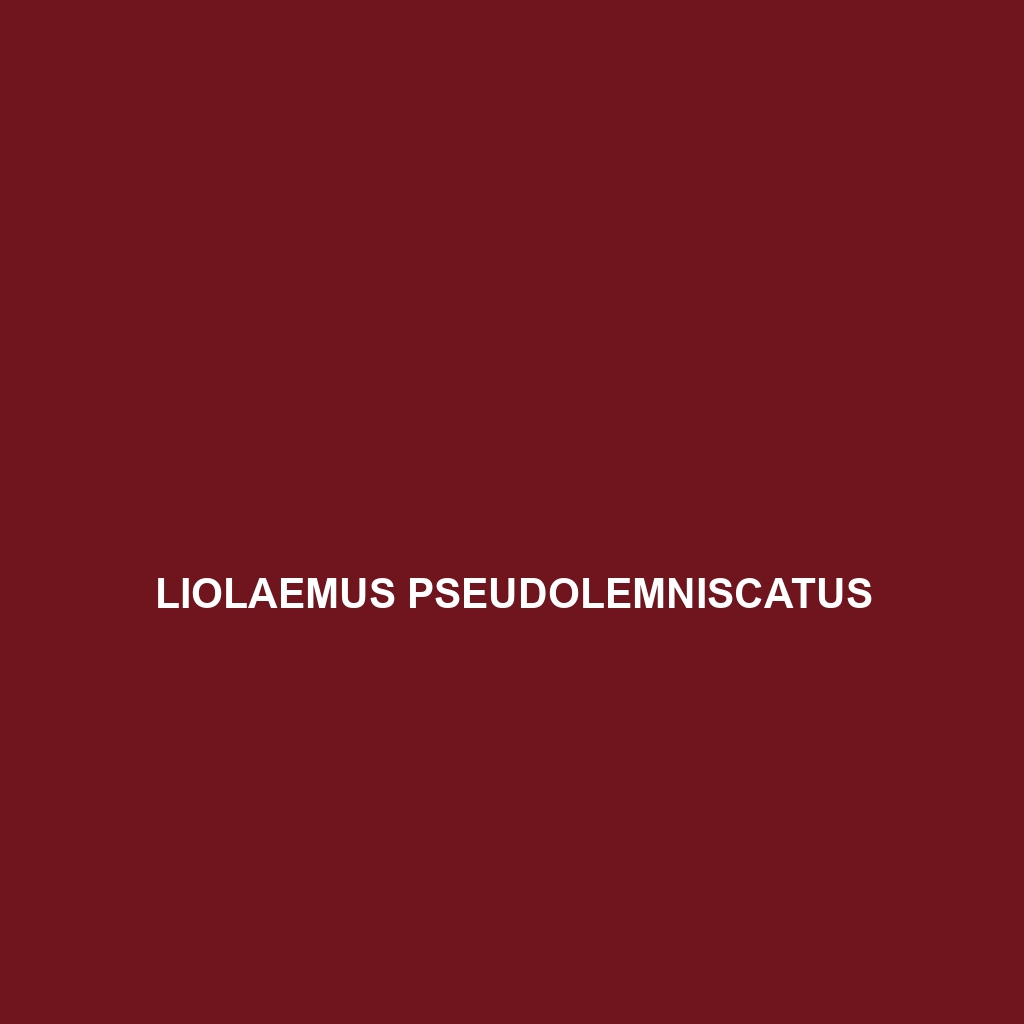
Liolaemus pseudoanomalus
Liolaemus pseudoanomalus is a moderate-sized lizard found in temperate South American habitats, with a diet primarily consisting of insects and occasional plant matter. Known for its unique coloration and diurnal behavior, this species plays a vital role in controlling insect populations and aiding in seed dispersal within its ecosystem.
-

Liolaemus pseudolemniscatus
Liolaemus pseudolemniscatus is a slender, vibrant lizard found in the temperate forests and shrublands of Chile and Argentina, known for its striking coloration and unique behaviors. This insectivorous species thrives in diverse habitats, playing a crucial role in maintaining ecological balance as both predator and prey.
-
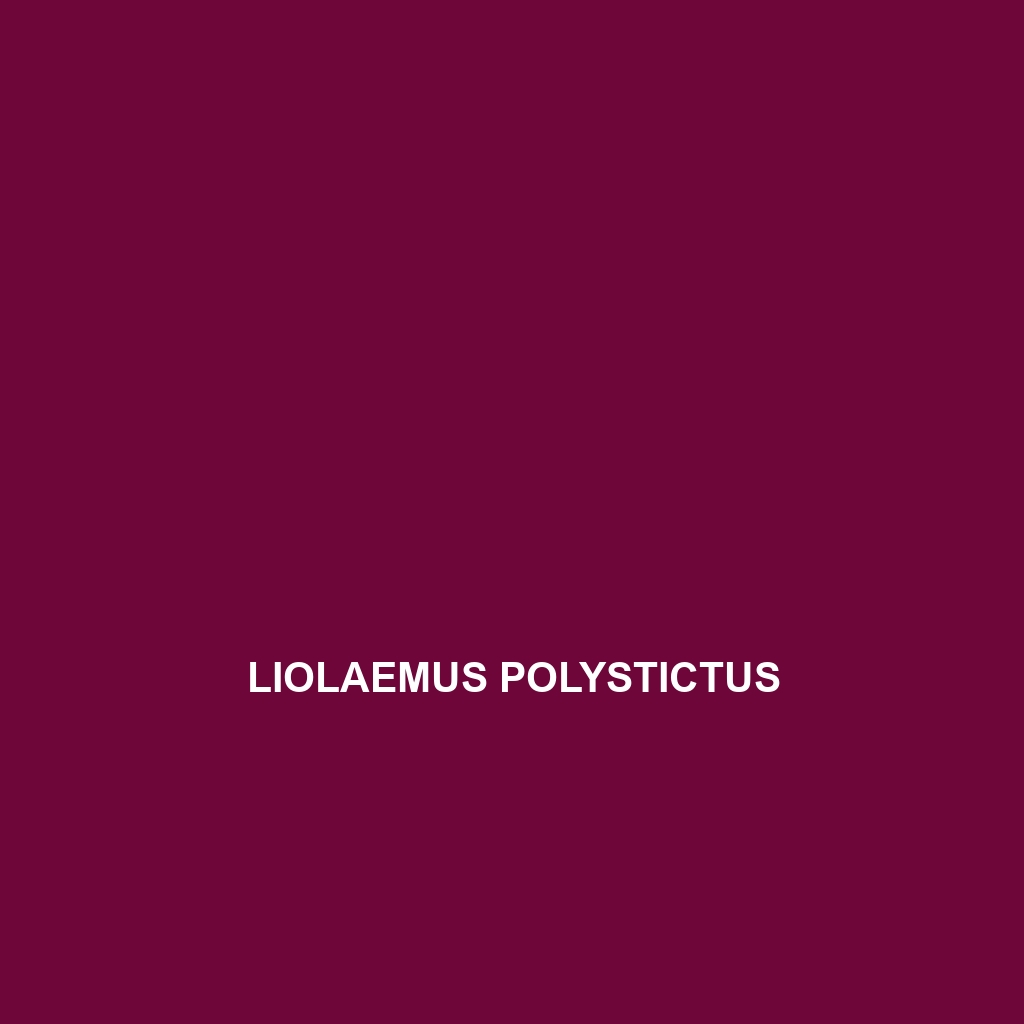
Liolaemus polystictus
Liolaemus polystictus is a striking lizard species native to the temperate forests and savannas of southern South America, displaying vibrant multicolored patterns and engaging in fascinating diurnal behaviors. As an insectivore, it plays a crucial role in controlling insect populations while adapting to various ecological niches, making it an essential part of its ecosystem.
-

Liolaemus platei
Liolaemus platei, commonly known as Plate’s Lizard, is a striking insectivore found in the temperate zones of Argentina and Chile, characterized by its slender body, vibrant coloration, and unique thermoregulation behaviors. This adaptable lizard plays a crucial role in its ecosystem by controlling insect populations and serving as prey for larger predators.
-
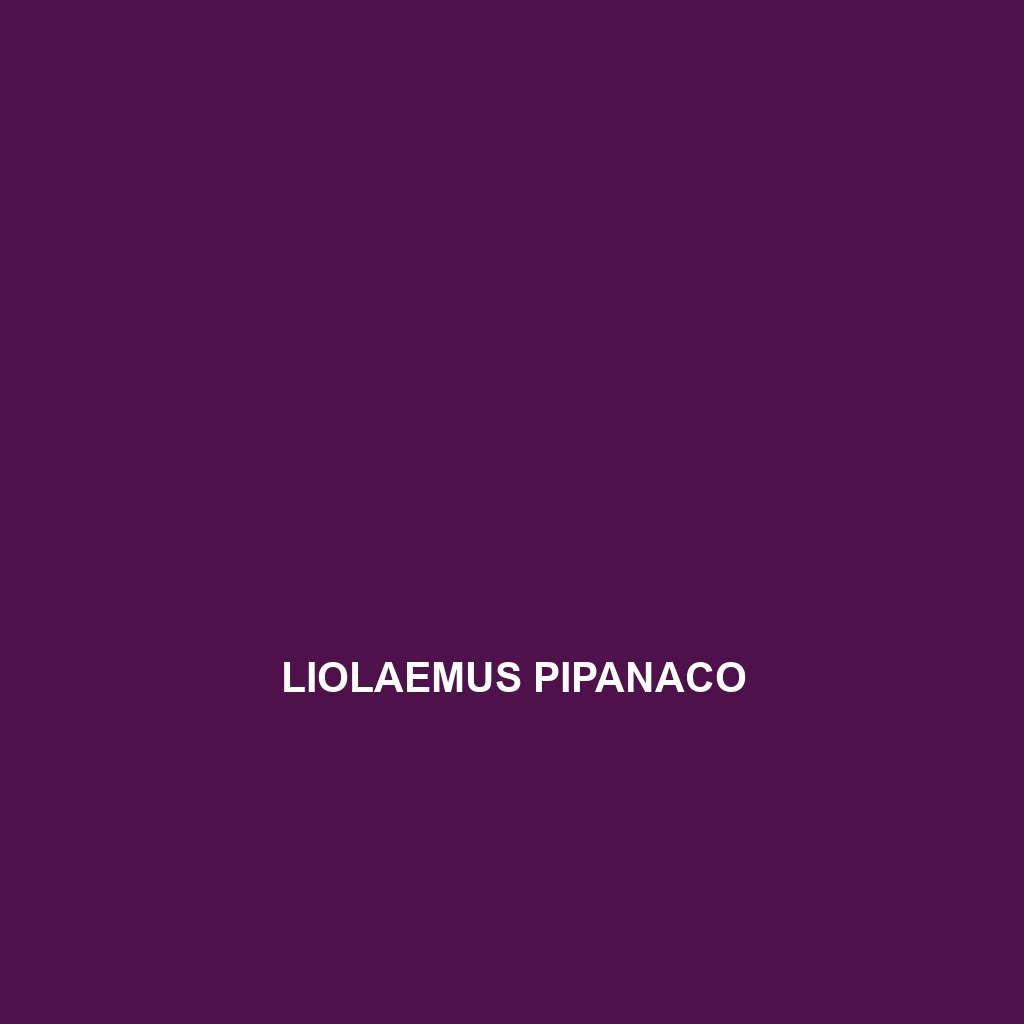
Liolaemus pikunche
Experience the unique charm of the Pikunche lizard (Liolaemus pikunche), a robust, olive-green reptile native to the montane regions of Chile that thrives in diverse habitats. With specialized climbing abilities and intriguing social behaviors, this omnivorous species plays a vital role in its ecosystem while showcasing remarkable adaptability and color-changing abilities.
-

Liolaemus pipanaco
Liolaemus pipanaco is a small, resilient lizard found in the arid regions of northern Argentina, displaying distinct sandy brown to greenish coloration with dark patterns for effective camouflage. This diurnal insectivore thrives in rocky environments, exhibiting adaptability through unique climbing abilities and ovoviviparous reproduction, while playing a crucial role in controlling insect populations within its…
-

Liolaemus pictus
Discover the vibrant Liolaemus pictus, a diurnal lizard native to the temperate forests and savannas of Argentina and Chile. This insectivorous species features a slender body measuring 10 to 15 cm, adorned with brown, green, and tan hues that provide excellent camouflage in its natural habitat.
-

Liolaemus petrophilus
Liolaemus petrophilus, commonly found in the rocky terrains of the Andean regions, is a moderately sized lizard measuring 12 to 22 cm, known for its earthy coloration and territorial behavior. As an insectivore, it plays a vital role in controlling insect populations while exhibiting unique adaptations for camouflage and thermoregulation in its semi-arid habitat.
-

Liolaemus paulinae
Discover the vibrant Liolaemus paulinae, a striking lizard indigenous to the temperate forests and savannas of the Argentine Andes, known for its olive green and brown patterns, agile climbing abilities, and vital role in controlling insect populations. This adaptable species thrives in diverse environments, primarily feeding on insects while exhibiting intriguing mating displays during the…
-
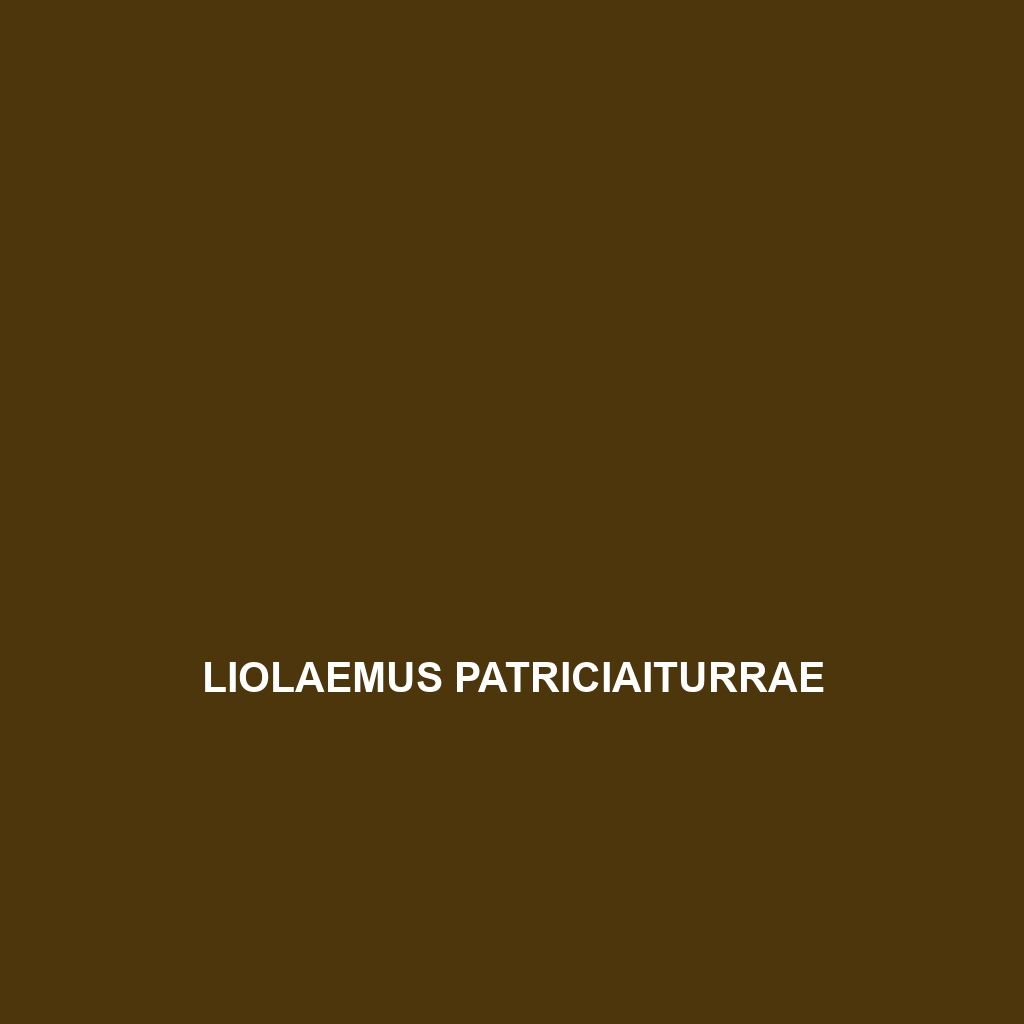
Liolaemus patriciaiturrae
Liolaemus patriciaiturrae, a medium-sized lizard native to southern South America’s temperate forests, exhibits vibrant coloration in males and plays a crucial role as an insectivore in its ecosystem, aiding in insect population regulation.
Search
Popular Posts
-
Lygosoma corpulentum
Discover the Lygosoma corpulentum, or fat skink, a robust insectivorous lizard native to Southeast Asia’s moist tropical rainforests and varying habitats. With a stocky body, impressive camouflage, and remarkable adaptability, this ovoviviparous species plays a crucial role in maintaining ecological balance.
-
Lygosoma boehmei
Lygosoma boehmei is a slender, nocturnal insectivore found in humid tropical rainforests and savannas of Southeast Asia, exhibiting a smooth, camouflaging texture and remarkable burrowing abilities. This vulnerable species plays a crucial role in its ecosystem by controlling insect populations and serving as prey for larger predators.
-
Lygosoma bampfyldei
Lygosoma bampfyldei, commonly found in tropical and subtropical regions, is a moderately sized lizard measuring 15 to 25 cm, known for its elongated body and glossy, camouflage coloration. This insectivorous species thrives in moist habitats and plays a vital role in maintaining ecological balance by controlling insect populations.
Categories
Tags
animal adaptations (924) animal behavior (5000) animal reproduction (865) behavior (920) biodiversity (7853) conservation (1670) conservation efforts (1778) conservation status (5748) diet (2104) ecological balance (2087) ecological role (1952) ecosystem (1469) ecosystem role (2901) endangered species (2514) habitat (3280) habitat conservation (1136) Habitat Destruction (1421) habitat loss (3385) herpetology (870) insectivorous reptiles (948) IUCN Red List (1971) lizard behavior (881) lizard diet (944) lizard reproduction (1101) nocturnal animals (2754) nocturnal behavior (2592) nocturnal reptiles (1061) physical characteristics (2058) predator-prey relationships (927) reproduction (2890) reptile behavior (1037) reptile conservation (1348) reptile reproduction (1069) rodent species (1325) seed dispersal (2145) Seed Disperser (979) small mammals (1168) snake behavior (952) snake diet (1061) snake reproduction (1129) tropical forests (948) Vulnerable Species (4926) wildlife (2511) wildlife conservation (5355) wildlife protection (1008)

